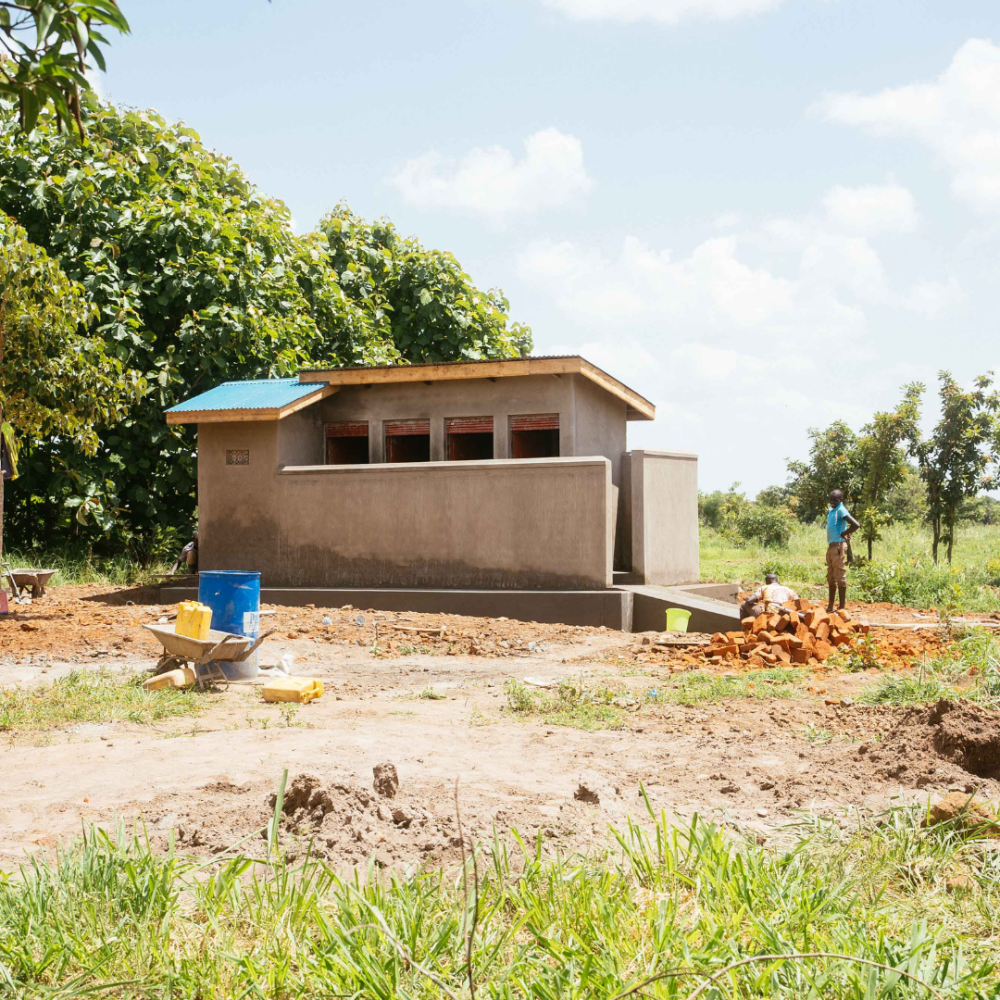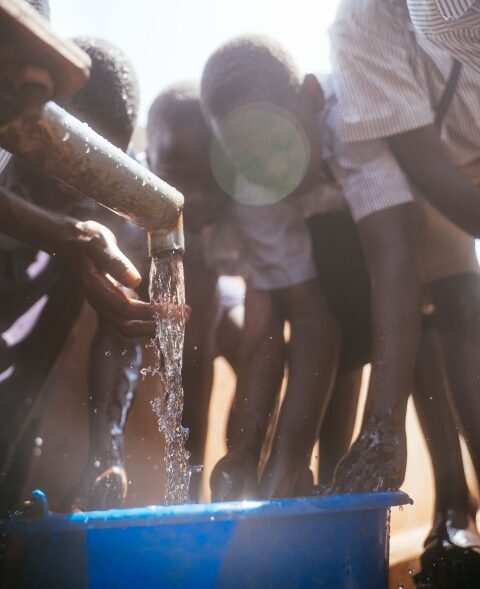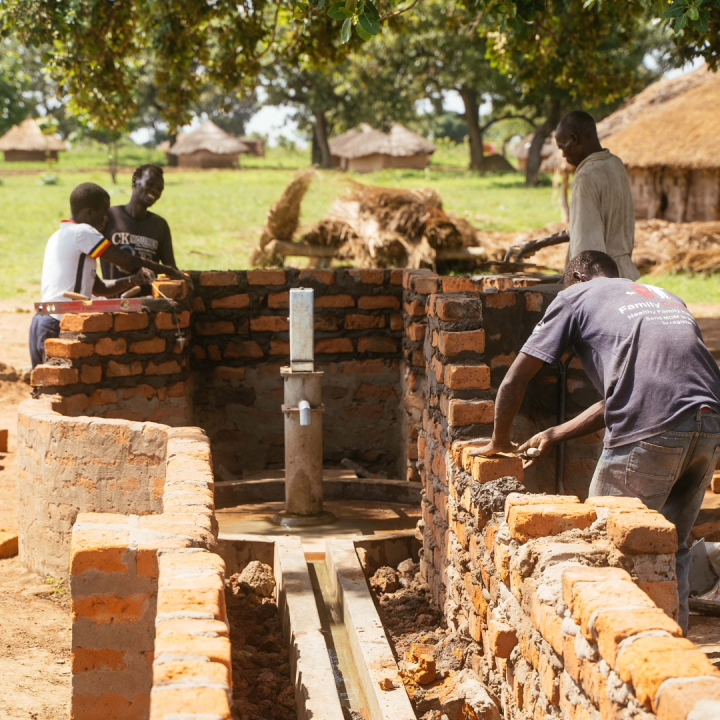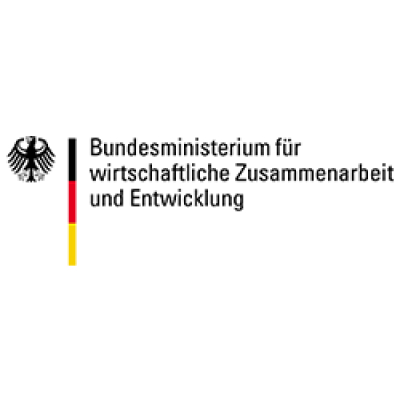Period poverty describes a major financial burden that can arise from the purchase of menstrual products such as tampons, pads and panty liners and can even prevent this.
How are menstruation and education connected?
Menstruation is still a taboo subject in many areas of society. Menstruating women feel ashamed in the presence of their schoolmates or do not yet know their cycle well enough to classify their monthly bleeding. A lack of education, problems with hygiene and shame lead to absenteeism or even dropping out of school, especially in countries of the Global South – which in turn leads to gender-specific inequalities in educational and career opportunities.
In Uganda, menstruation is a key reason for girls dropping out of school. Only 57% of all girls finish school. A packet of sanitary pads costs around $2 USD. This exceeds the daily earnings of a third of the Ugandan population. Menstruating girls look for alternatives: scraps of cloth, socks or toilet paper. The use of these materials is often not sterile and can lead to serious health consequences. In addition, the use of these materials causes an unpleasant feeling and perhaps even pain. A lack of access to clean water reinforces the reasons why menstruating women stay away from class during their period.
To counteract this, a suitable infrastructure and access to knowledge about menstruation are essential. Workshops and access to hygiene products are important first steps here. Workshops can focus on how to deal with menstruation, whether of your own or other classmates, as well as the hygienic production of your own menstrual products.
Period poverty at a global level
Period poverty is a global problem that can affect menstruating women in any country – even in the Global North: Lunette presents a study by Harris Insights & Analytics. This reveals that a quarter of girls surveyed in the USA also state that they have missed classes due to their period because they do not have the necessary resources.
One reason for this is that period products have so far been considered luxury goods for tax purposes. This can be seen in your wallet.
In Scotland, the right to free period products was recently introduced. We say: rightly so! Other countries are also taking important first steps in the fight against period poverty. In Germany and Austria, for example, a reduction in VAT on some period products was enacted on November 7, 2019. The products are now officially considered “everyday consumer goods”. Nevertheless, further steps are needed to end period poverty once and for all. To this end, it is particularly important to provide educational institutions, homeless shelters and youth centers with free period products so that menstruating people with limited financial resources are provided with products in public institutions so that they can participate in daily life.
erdbeerwoche GmbH has carried out research in this regard and examined period poverty in Europe. The result: in Austria alone, around 17% of the population was classified as being at risk of poverty or exclusion.
“For people living below the poverty line, it’s a challenge to find the money to buy essentials like food – not to mention menstrual products. But it is precisely these products that people often go without.”
Education must make safe menstruation possible!
We can all take a stand against period poverty by creating widespread awareness. To counteract period poverty, we work with our partner organization Link To Progress (LTP) in Uganda to conduct training sessions and workshops to educate and train all students.
After all, a world in which every child can read and write is only possible if all pupils can participate safely in lessons at all times.





